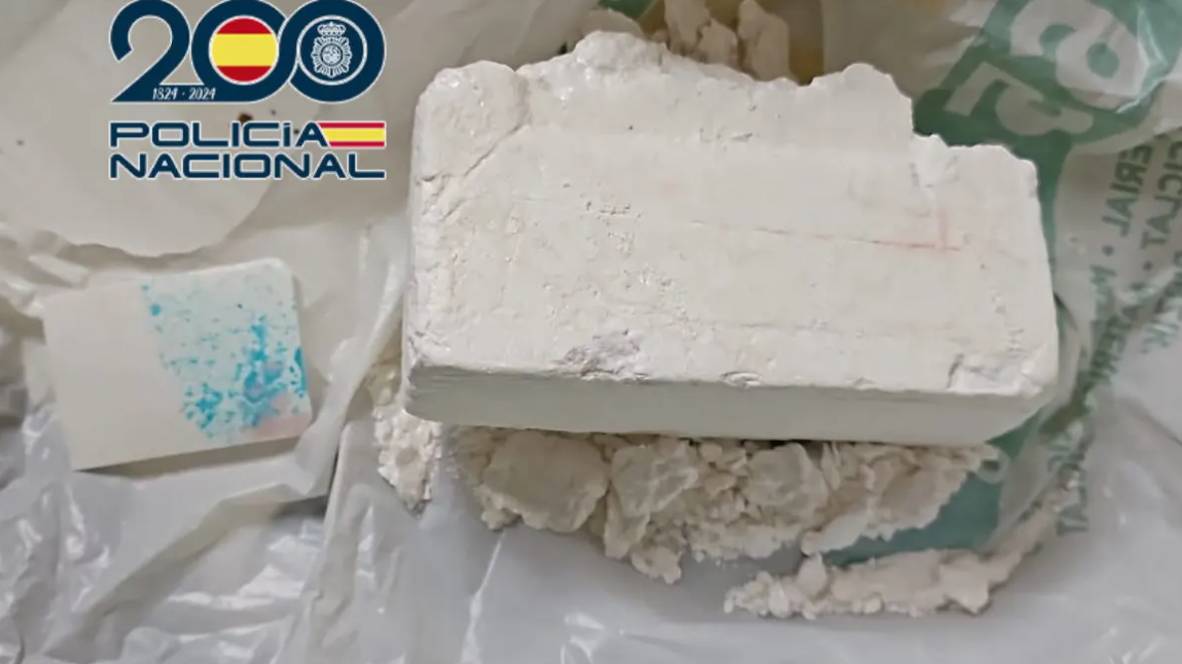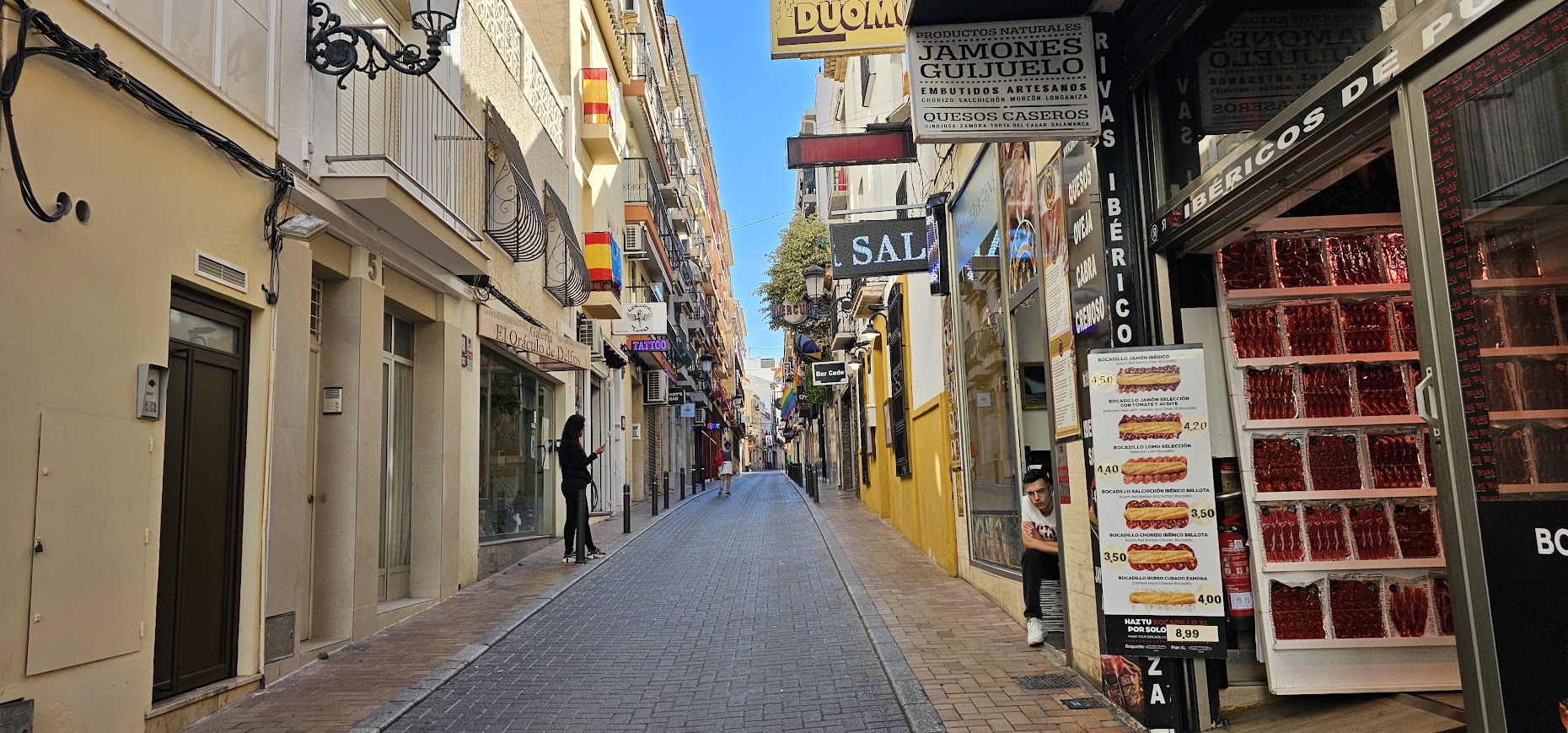In the days leading up to Christmas 2018, they visited the Elche Police Station to report the theft of their vehicle. The crime was so prevalent that 210 individuals were investigated by the National Police Force for vehicle larceny in 2018. They had left a high-end vehicle located on Calle de la Iglesia in the El Altet district. Among the specifics, they stated that the event must have occurred between 8:00 p.m. and 10:00 p.m. The car was never stolen, and the couple who reported it had intended to collect €49,900, which was the value of the theft, as the car was essentially new with 11,601 kilometres. This matter was already established by the two previous rulings. The report was submitted by the wife, and the following day, the husband contacted the insurance company to request compensation and claim coverage for the accident.
The company’s sole action in the absence of a vehicle was to request both keys. They did not require much more, as they would serve as witnesses to the veracity of their assertions. The company received the keys a few days later and, with the assistance of a reader, confirmed that one of them had been used on January 2nd, 2019, approximately two weeks after the larceny was reported. The records also showed the vehicle’s mileage at that time. The proprietors did not program the second key they provided. The insurance company declined to provide coverage for the claim in light of this evidence, as the complainants were betrayed by the key. The automobile miraculously appeared at Calle Pedro Juan Perpiñán on February 27th.
After more than 24 hours of improper parking, the police retrieved the vehicle and transported it to the vehicle impound. However, it was not a joyful conclusion. The verdict indicates that the defendants did not return a third programmed vehicle key, which was subsequently used to continue operating the vehicle until its ultimate reappearance. The vehicle had already travelled 13,139 kilometres, which is more than 1,500 kilometres, since its mysterious disappearance.
Convicted
They were each sentenced to six months in prison, six months of disqualification from passive suffrage, and four months of a daily fine of 30 euros (approximately 3,600 euros) by the Criminal Court for the offence of simulation in medial competition with another of fraud. The ruling was upheld by Section VII of the Court; however, those who were dissatisfied with the resolution appealed to the Supreme Court, which accepted the defence arguments for processing due to a discrepancy between the sentence and the chamber’s jurisprudence. What was its location? The process involved determining whether the facts simulated a crime or not.
The prosecution of a false complaint filed with the judicial police, in which the individual claims to be the victim of a crime committed by anonymous individuals, is only a simulation if it results in procedural actions, according to a June 2020 ruling. Additionally, this form of complaint typically does not result in any judicial action. If a false complaint has not “disrupted the proper functioning of the Administration of Justice,” the crime of simulation does not exist. The Supreme Court declared that the punished conduct “affects this legal asset insofar as it uselessly and for nothing diverts resources and efforts from the Administration of Criminal Justice, requiring it to investigate unreal facts.” “Typically, the perpetrator’s actions will not be influenced by this particular motive.” When the true objective is another criminal objective, we will be confronted with a combination of offences (…) In these instances, the option is not between impunity and punishment; rather, it is between a single crime’s punishment or two punishments.








No Comment! Be the first one.